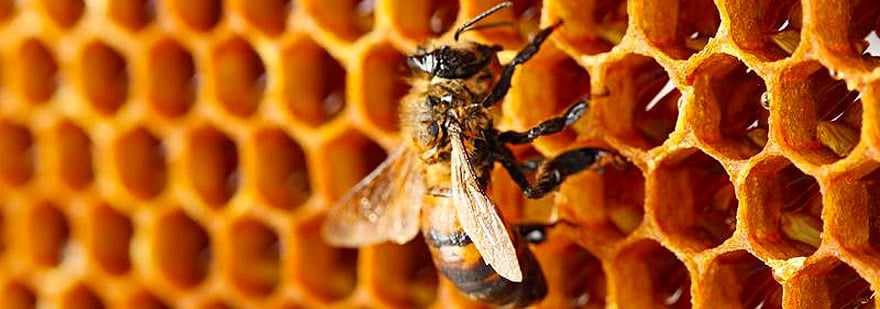Okay, I looked. I didn't want to, but I did. Here's what I thought. I didn't like it.
Is this a voluntary code?
A code of conduct, a code of practice, or both?
There should be one aim, and SMART objectives.
To ‘Allow...'; really the right word?
Doing it in a way that’s just ‘acceptable’… Meh.
The ‘Definitions’ bit is unnecessary, pretentious, pedantic, and random. And goes at the beginning or the end.
[Numbers refer to the somewhat random number system in the document]
1,2,3. There is no reason to site hives away from the public – except bad management, and what does ‘away’ mean?
5,6. So honey is to be harvested, packed, and marketed according to the law. Surely superfluous.
7. Is this about beekeepers or only members?
8. Must I spend all my time striving?
1.4 What?
1.etc. A lot of ‘reasonable’, ‘appropriate’, ‘responsible’ and other vague wholesomeness.
1.9 Isn’t this the document defining ‘good’ and ‘appropriate’ Practice? Or Conduct.
1.10 See 1.5, and 5,6 as above.
2. Must comply with contracts and the law!
3. Voluntary or a condition of membership? Why is this in the middle of the document?
4, 5. Apart from being repetitive this is both way too prescriptive, and yet not comprehensive enough, interfering with the operation of things like hazard registers and so on.
One page is enough.






